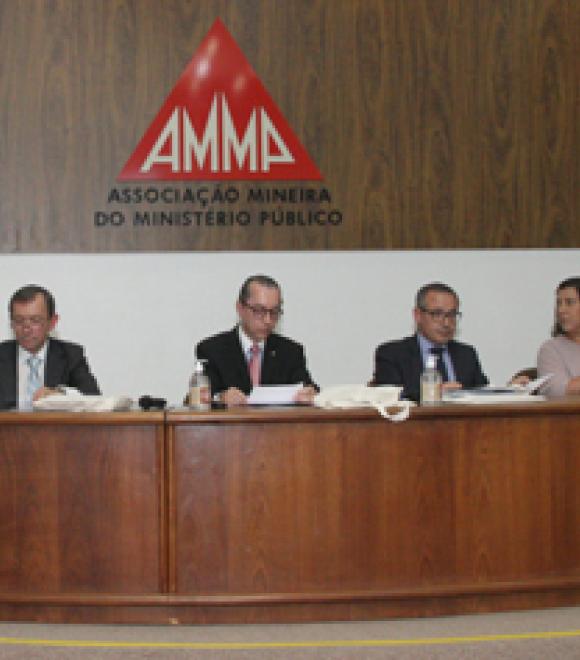Public Prosecution Service
The Public Prosecution Service (PPS) is a constitutional body entrusted with powers to prosecute, to participate in the implementation of the criminal policy defined by the sovereignty entities, to represent the State and to defend the democratic legality and the interests laid down by the law [Article 219(1) of the Constitution of the Portuguese Republic/CPR].
The PPS has its own statute, being considered an autonomous magistracy from a procedural standpoint. Such autonomy is expressed through (i) the non-interference of other powers in its operation, and (ii) its concept as a distinct magistracy guided by the principle of separation from and parallelism towards the Judiciary [Articles 219(2) of the CPR, Articles 2 and 96(1) of the Statute of the Public Prosecution Service (SPPS). The PPS’s autonomy is characterized by its being bound by legality and objectivity criteria and by the exclusive submission of public prosecutors to the directives, orders and instructions laid down by the SPPS (Article 3(2)).
Although the PPS is granted competences other than the jurisdictional ones or competences that are not limited to those recognised to the courts, it pertains to the judicial power and participates autonomously in the administration of justice. In spite of the fact that the PPS’s most recognizable powers are exercised within the criminal field, its polymorphic nature gives rise to a broaden intervention spectrum. Without prejudice to the other tasks laid down by the law, it is especially incumbent on the PPS to implement the statutory duties provided for in Article 4 of the SPPS.
- to defend democratic legality
- to represent the State, the Autonomous Regions, the local authorities, the persons lacking legal capacity, the persons having no permanent residence and those whose whereabouts are unknown;
- to take part in the enforcement of criminal policy as defined by the organs of sovereignty;
- to prosecute pursuant to the principle of legality;
- to conduct criminal investigation and prevention activities that, within the scope of its competences, it is responsible for carrying out or promoting, assisted, whenever necessary, by criminal police bodies;
- to take legal action in administrative litigation to defend the public interest, fundamental rights and administrative legality;
- to represent ex-officio the workers and their families in view of the defence of their social rights;
- to defend the collective and diffuse interests in the cases falling within the law;
- to assume, under the law, the defence and promotion of the rights and interests of children, youth, the elderly, adults with reduced ability, and other especially vulnerable persons;





